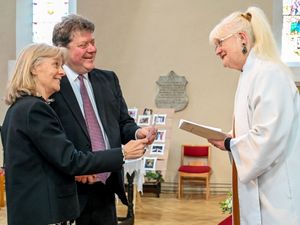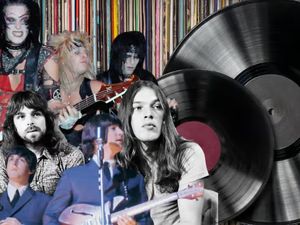Ashley Walters opens up about growing up with an absent father
The actor and rapper said his behaviour had been caused by a need to ‘fit in’ and ‘feel safe’.
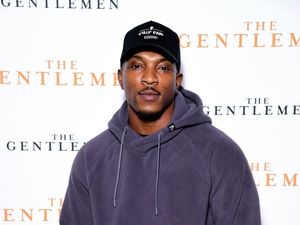
Top Boy star Ashley Walters has said his father’s absence while he was growing up contributed to his criminal behaviour.
The actor and rapper, from Peckham in south-east London, said that despite having a supportive mother, he was “always looking” for father figures and the safety they provided.
Walters, 37, said his late father had been in prison 17 times, and had six children with six mothers.
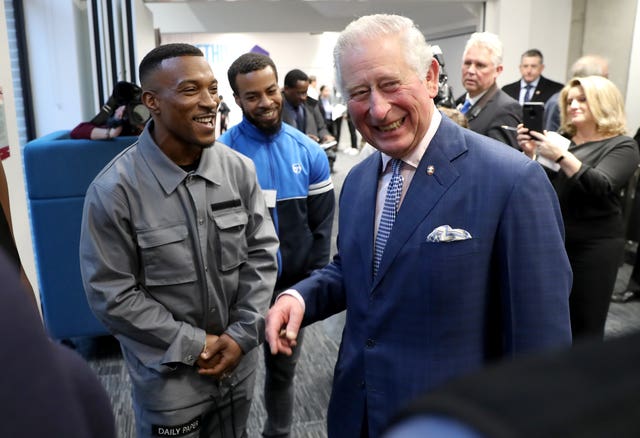
He told Radio Times: “I was constantly looking for a father figure in every man I met, and it meant that the majority of the time I was just eager to please – or trying to get people to be proud of me. And that means sometimes if there was weed to sell, I would do it.
“If there was something bad to do, I would do it. It wasn’t about ‘I wanted to be bad’ or I was confused from my upbringing or I didn’t have an education.
“It was actually that I wanted to fit in and I wanted to feel safe and I was looking for all of those things that I was missing, really, from not having a father.”
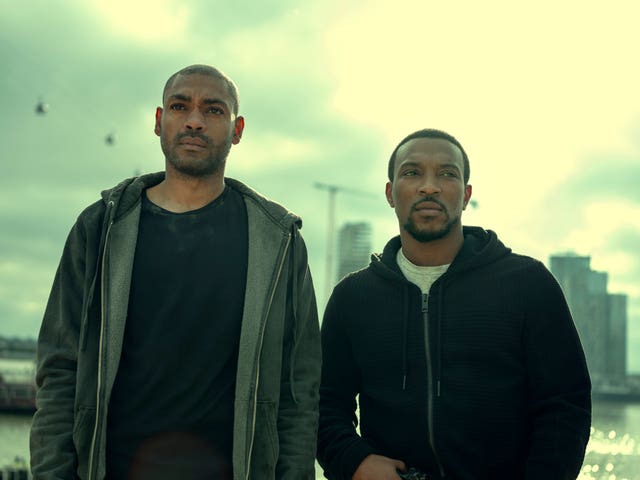
Walters, who was part of UK garage collective So Solid Crew, mentors young people from difficult backgrounds, and co-manages Kingdom Drama School in London.
He said money is needed to ensure men like him can help those in need.
Addressing Dame Cressida Dick, commissioner of the Metropolitan Police, he said: “If you want people to do it (mentor) who are ex-offenders – people who have been through the lifestyle, that kids are going to have a certain level of respect for, enough for them to listen – then you need investment, because those people also need to be empowered and incentivised to take time out, because it is a job, at the end of the day.”
Read the full interview in Radio Times, out now.



